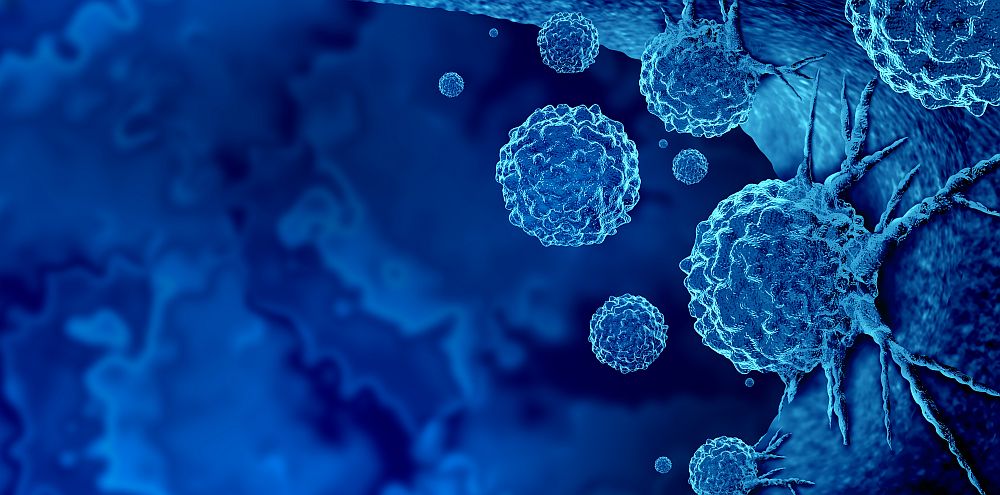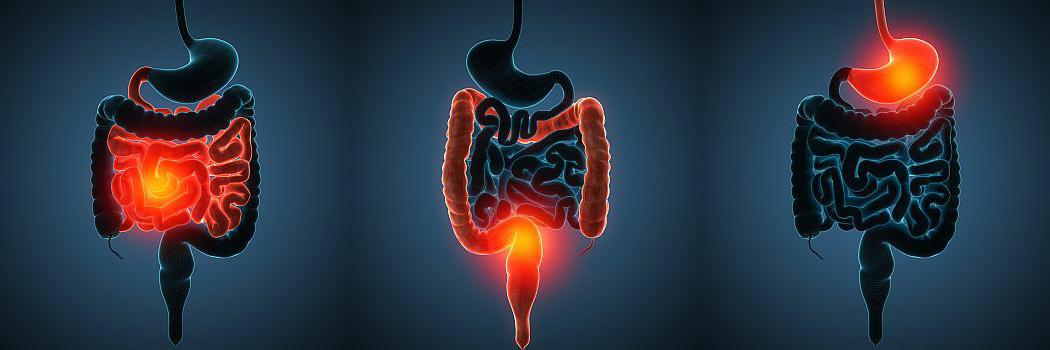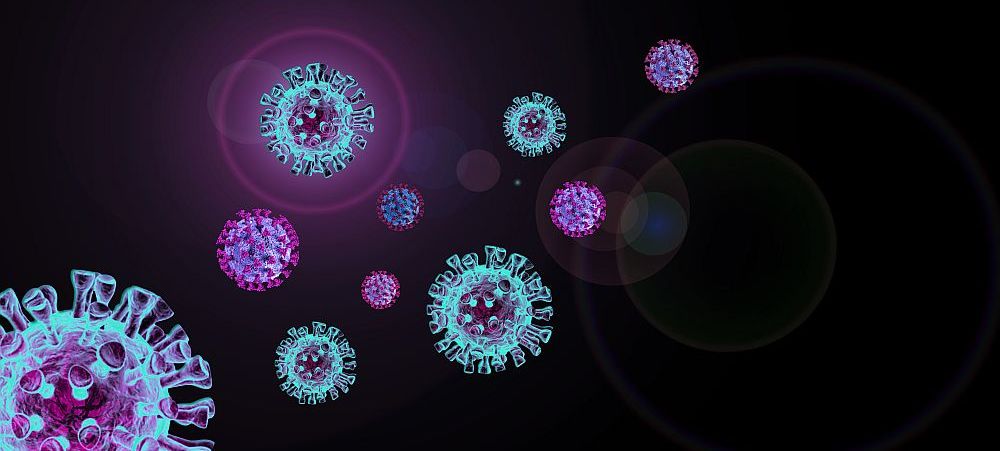The gut microbiome and cancer
Some intestinal microbes benefit human health by boosting certain anti-cancer treatments. However, at the same time different bacterial strains have been linked to the occurrence colorectal cancer. How the immune system differentiates between beneficial and harmful microbes, and how these aspects influence cancers, is only incompletely understood. A better understanding of the complex interaction between the intestinal microbes and our immune system could improve the prevention of cancer and pave the way towards novel therapeutics.
Inflammatory bowel diseases and cancer
Inflammatory bowel diseases (IBDs) such as Crohn’s disease and ulcerative colitis are associated with an increased cancer risk. It has increasingly been appreciated that both the microbiome and the immune system play key roles in IBD pathogenesis. Excessive immune reactions against harmless gut bacteria can lead to severe inflammation, affecting systemic health beyond the gut. We are aiming to understand the exact microbial targets of these immune responses, how they can be targeted in therapies, and how these processes ultimately can lead to cancer in a subset of patients.
Anti-viral immunity and human health
The COVID-19 pandemic caused by SARS-CoV-2 has shifted the focus of the research community towards viral pathogens. But also many other viruses beyond corona viruses have been associated with different aspects of human health. For example, Epstein bar virus (EBV) infections are linked to the onset of multiple sclerosis, or human papillomavirus (HPV) causes cancers of the genitourinary system in both women and men. We are interested in the role of protective immune responses against human viruses and broadly neutralizing vaccines.



